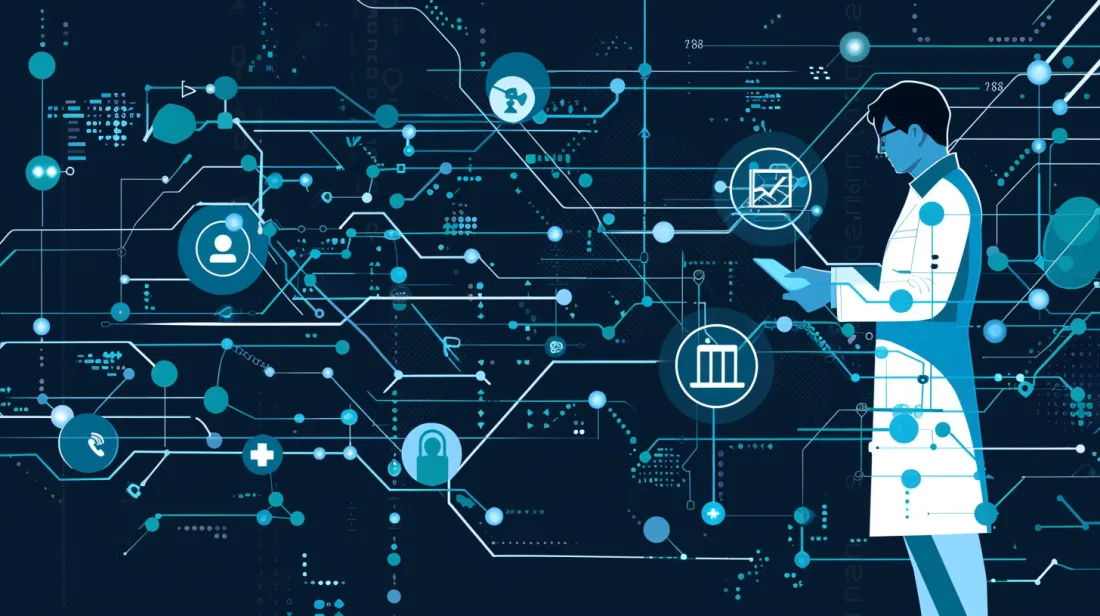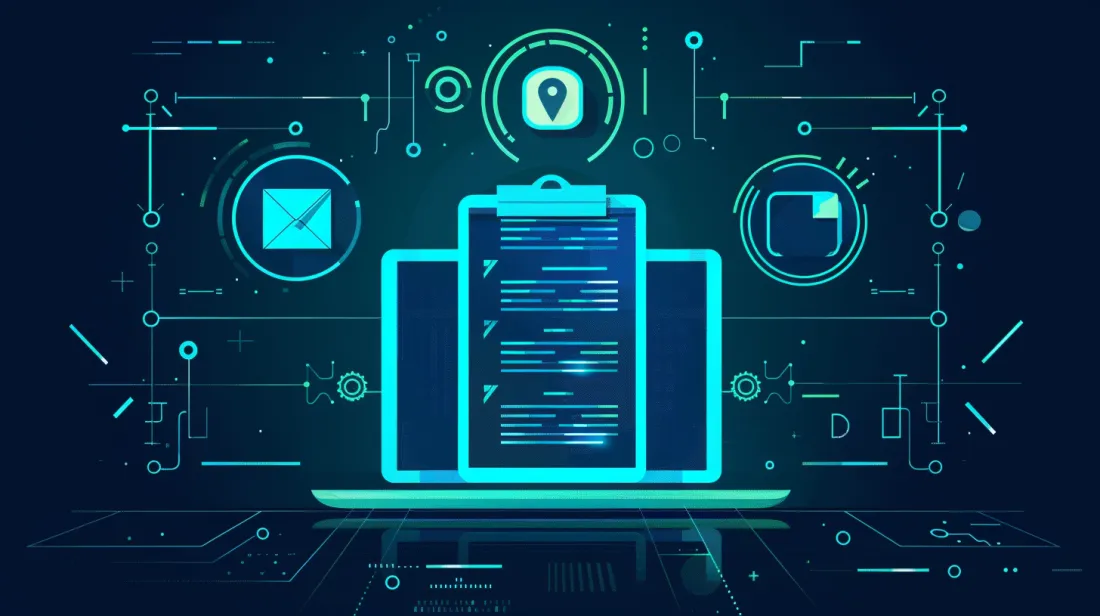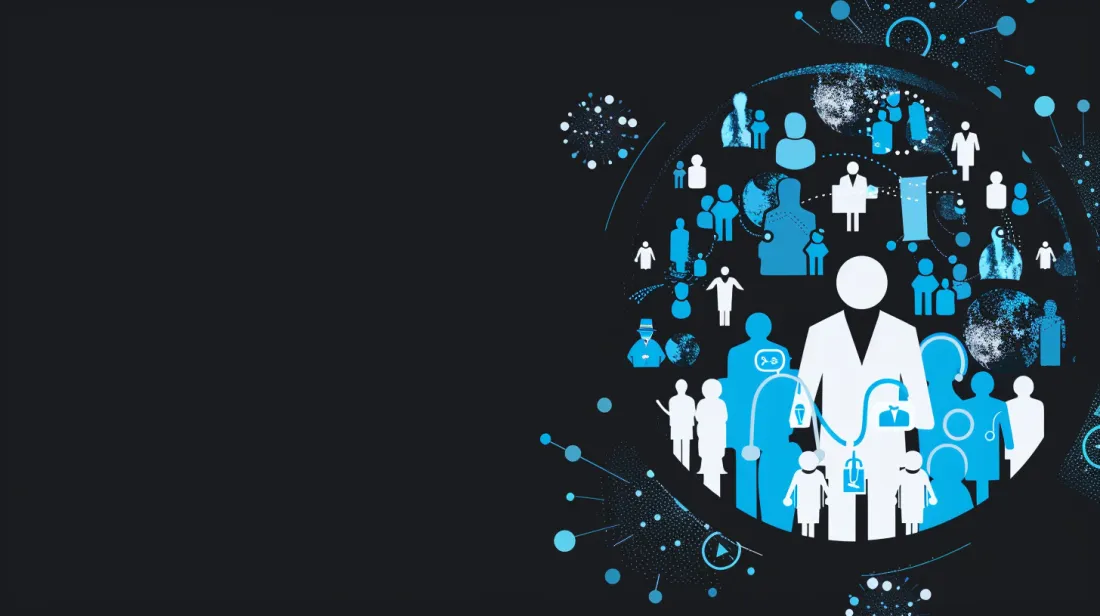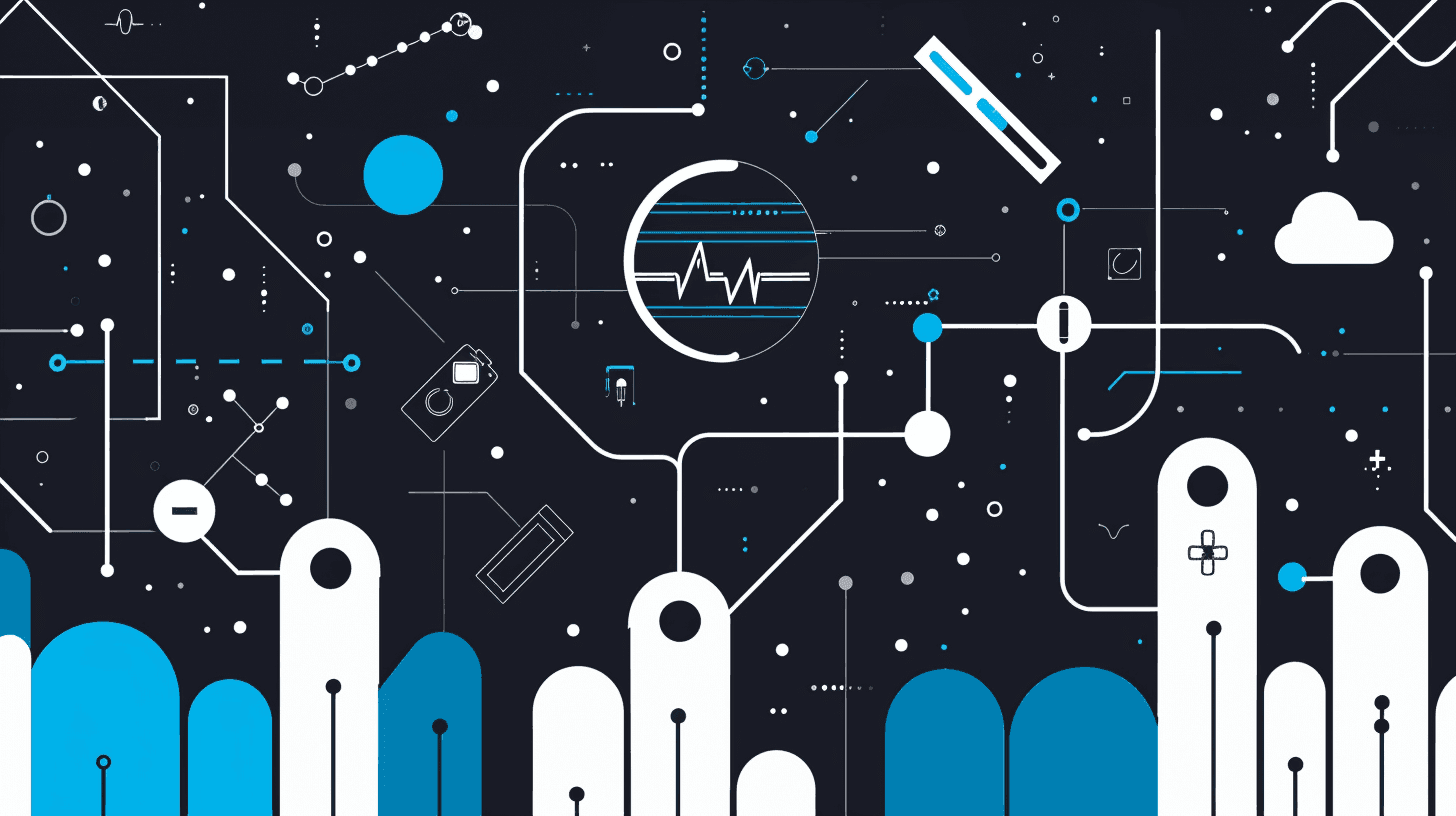
Integrating Customer Relationship Management (CRM) systems has transformed how healthcare providers and insurance brokers manage their patient and client interactions. However, with the increasing reliance on digital tools, the need for robust data security measures in healthcare CRMs has never been more critical. This blog post from Catalyst CRM will delve into the importance of CRM security, explore best practices for safeguarding health data, and highlight the best CRM software for the healthcare industry.
Why CRM Security is Crucial in Healthcare?
Ensuring data security within CRM systems is particularly important in the healthcare sector due to the sensitive nature of medical data and the stringent regulatory requirements. Below, we explore key reasons why CRM security is paramount, as well as the specific challenges healthcare providers and insurance brokers face.
The Sensitivity of Medical Data
Healthcare data contains susceptible information, including personal health information (PHI), social security numbers, medical histories, and payment details. The value of this data makes it a prime target for cybercriminals. Ensuring CRM security is essential to protecting patient confidentiality, preventing financial fraud, and complying with stringent regulatory requirements.
Regulatory Requirements
Healthcare providers must adhere to various regulations that dictate how PHI should be handled and protected. In the U.S., the Health Insurance Portability and Accountability Act (HIPAA) sets stringent standards for data security. Non-compliance can result in hefty fines and damage to an organization's reputation. Therefore, implementing a secure CRM system is not just a best practice but a legal necessity.
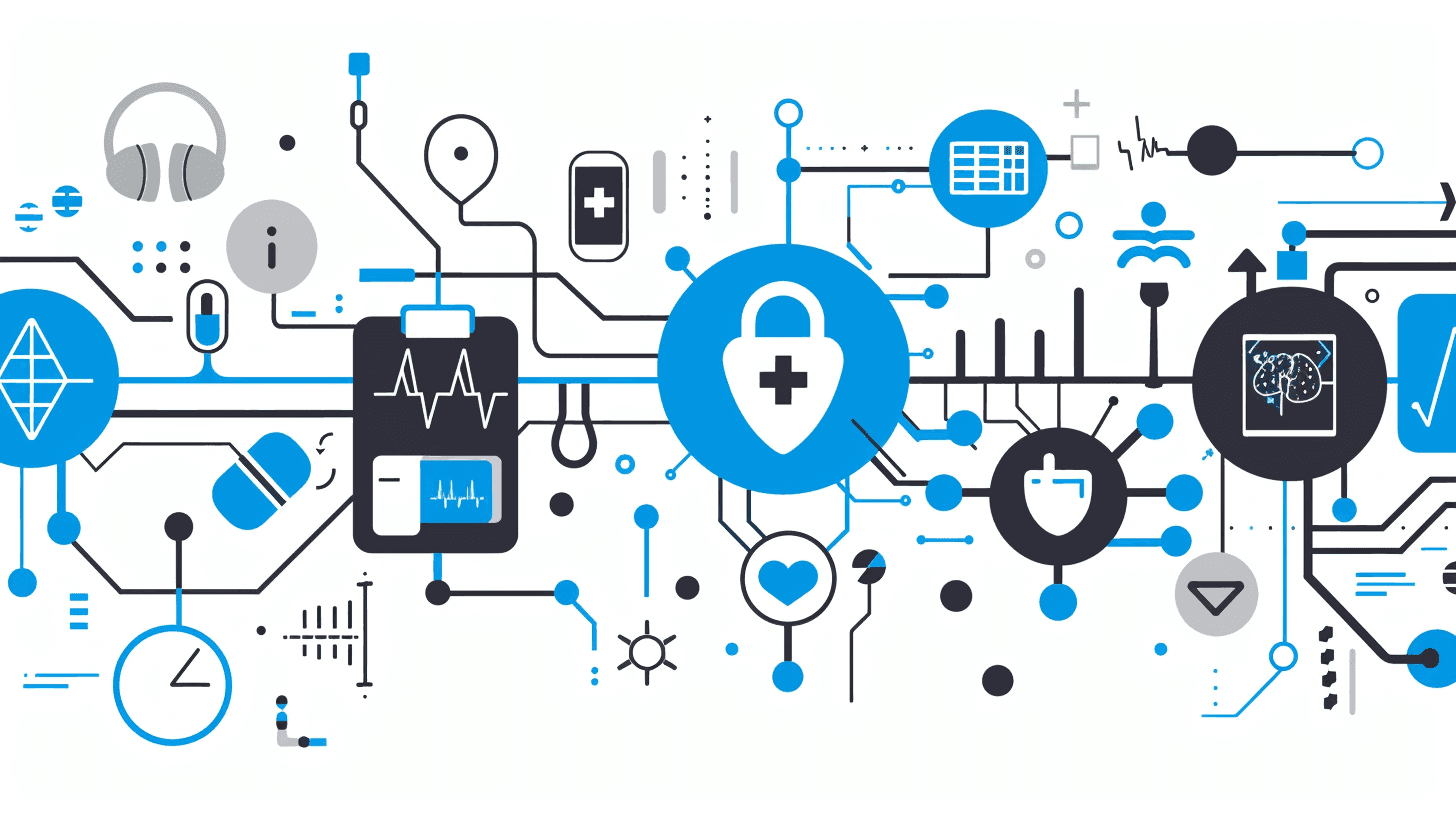
Key Features of Secure CRM Systems
Healthcare organizations must implement key features that protect sensitive data to effectively secure CRM systems. This section highlights the critical security features that should be incorporated into CRM systems to safeguard medical data and maintain compliance with regulatory requirements.
End-to-End Encryption
End-to-end encryption ensures that all data, both in transit and at rest, is encrypted. This means that even if data is intercepted during transmission, it cannot be read without the decryption key. When selecting a CRM for the healthcare industry, choosing software that offers robust encryption features to protect sensitive health data is crucial.
Access Controls
Role-based access controls (RBAC) ensure that only authorized personnel can access sensitive data. By assigning specific roles and permissions, healthcare organizations can limit data access to those who need it for their job functions. This reduces the risk of unauthorized access and potential data breaches.
Audit Trails
Comprehensive logging mechanisms, or audit trails, track data access and modifications. This feature is crucial for detecting unauthorized activities and ensuring accountability. Audit trails provide a clear record of who accessed data, when, and what changes were made, which is vital for regulatory compliance and security audits.
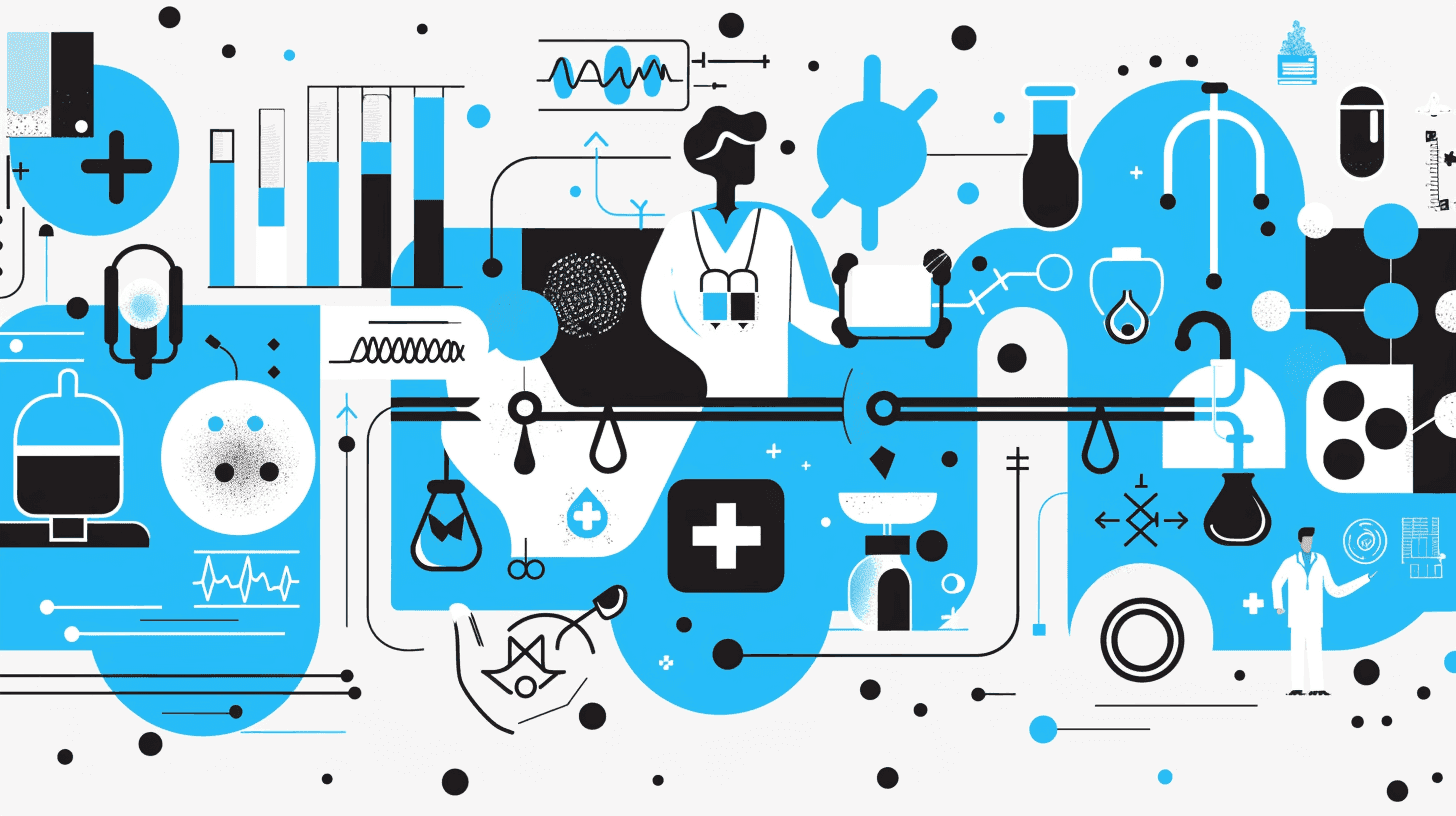
Best Practices for CRM Data Security in Healthcare
Implementing best practices for CRM data security is crucial to address the unique challenges healthcare organizations face. This section discusses essential strategies that healthcare providers should adopt to enhance the security of their CRM systems and protect sensitive health data.
Selecting the Best CRM Software for Healthcare
When choosing a CRM for healthcare, it is essential to consider software that offers robust security features tailored to the needs of the healthcare sector. Look for CRMs that provide:
- End-to-End Encryption: Ensuring that all data, both in transit and at rest, is encrypted.
- Access Controls: Role-based access controls help ensure that only authorized personnel can access sensitive data.
- Audit Trails: Comprehensive logging mechanisms can track data access and modifications, facilitating the detection of unauthorized activities.
Regular Security Assessments
Ongoing security assessments are vital to identify vulnerabilities and ensure the CRM system remains secure against new threats. Regularly updating and patching software, conducting penetration testing, and performing security audits can help healthcare organizations avoid potential cyber threats.
Employee Training
Regular training programs for healthcare staff on data security practices are essential to prevent data breaches caused by human error. Educating employees about phishing attacks, secure password practices, and the importance of data protection can significantly reduce the risk of data breaches.
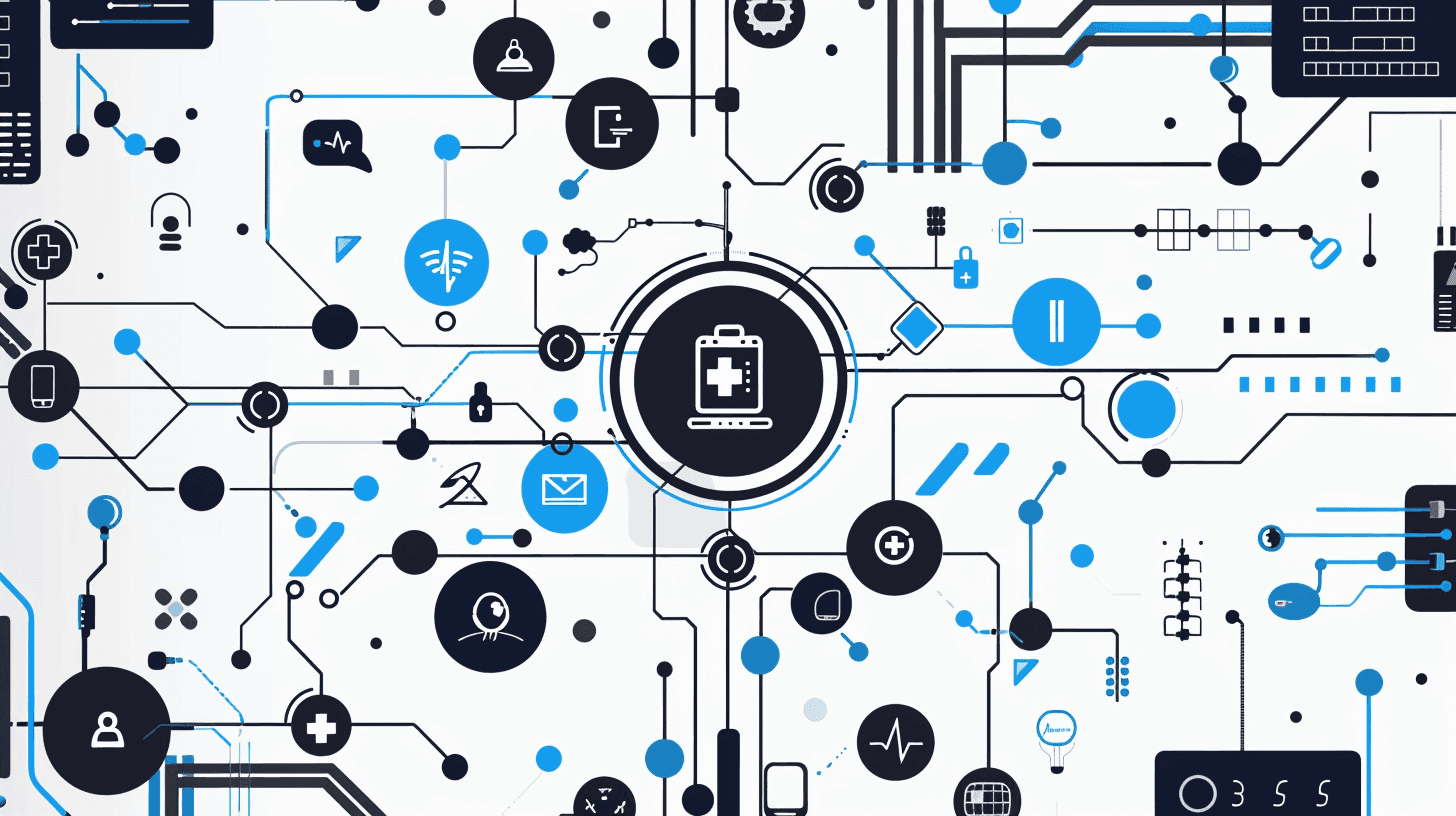
The Role of CRM in Enhancing Data Security
By consolidating data and integrating seamlessly with other systems, CRMs are vital in enhancing data security for healthcare providers and insurance brokers. This section discusses how specialized CRMs can improve data security and operational efficiency in the healthcare sector.
Consolidation of Data
A specialized CRM for insurance brokers and healthcare providers helps manage customer relationships and enhances data security by consolidating patient and client data into a secure, centralized system. This centralization reduces the risk of data breaches associated with dispersed data across multiple systems and improves overall data management efficiency.
Seamless Integration with Other Systems
The best CRM software for healthcare integrates seamlessly with other healthcare management systems, providing features like automated backups, disaster recovery plans, and compliance with healthcare regulations. This integration ensures that data is consistently protected across all platforms and enhances healthcare organizations' overall security posture.
Conclusion: The Vital Role of Data Security in Healthcare CRMs
The importance of data security in healthcare cannot be overstated. As healthcare providers and insurance brokers increasingly rely on CRM systems, choosing a CRM prioritizing data security is crucial. By implementing robust security measures and selecting the right CRM software, healthcare organizations can protect sensitive data, comply with regulatory requirements, and maintain the trust of their patients and clients.
In conclusion, integrating a secure CRM system is essential for modern healthcare organizations. By focusing on CRM security, healthcare providers can safeguard patient information, streamline data management processes, and ensure compliance with regulatory standards. Investing in the best CRM software for the healthcare industry is not just about enhancing operational efficiency but building a foundation of trust and security in the digital age.
